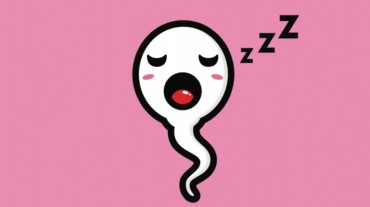
Ovarian aging is the loss or depletion of the ovarian follicles and oocytes or a decrease in oocyte competence or quality. It is influenced by genetics and the environment as well. Ovarian aging can be normal, or it can be pathological as well.
When society mentions the ‘biological clock’, this is what they are referring to. As women get older, their reserve of eggs also gets old, and the quantity and quality reduce. Women have a specific reserve of eggs that they are born with, and they do not generate new eggs. So, when women reach a certain age (around their late thirties), it can become more difficult for them to get pregnant, as they have a limited number of eggs. Moreover, there is no guarantee that the remaining eggs are good in quality.
Gynecologists can check a woman’s ovarian reserves using two methods. They are:
1. Antral follicle count (AFC): This is literally just counting the eggs. The doctors count them on an ultrasound.
2. Anti-mullerian hormone (AMH): This is the second way to count the eggs in one’s reserve, and can be done through a simple routine blood test.
In both processes, the higher the count, the better the chances of having a baby.

We all know that there are many factors that can affect a woman’s fertility in her lifetime. It can be PCOS, uterine fibroids, scarring of the fallopian tubes, etc. However, aging is one of the biggest factors that can impact a woman’s fertility and ability to reproduce. Once a woman reaches her thirties, it becomes more difficult for her to conceive as the number of eggs in the ovarian reserve depletes over time. The eggs also age along with the woman’s age, and there are only a few good eggs left.

1. Infertility only happens in the case of women: This is false. Infertility impacts men as well; their sperm is not always healthy and good in quantity and quality. Men face DNA fragmentation with increasing age.
2. Female age does not matter if one is under 35: One cannot guarantee the fact that a woman will be at her peak fertility, just because she is under 35 years of age. The decline in fertility begins in the ’20s and gradually becomes more, when the woman reaches her 30s.
3. Stress causes infertility: With age, there are a lot more things that a person has on their mind like marriage and work pressure, which makes a person stress more often. Stress is not good for the body and makes it difficult for a person to conceive.
Select Topics of your interest and let us customize your feed.
PERSONALISE NOW